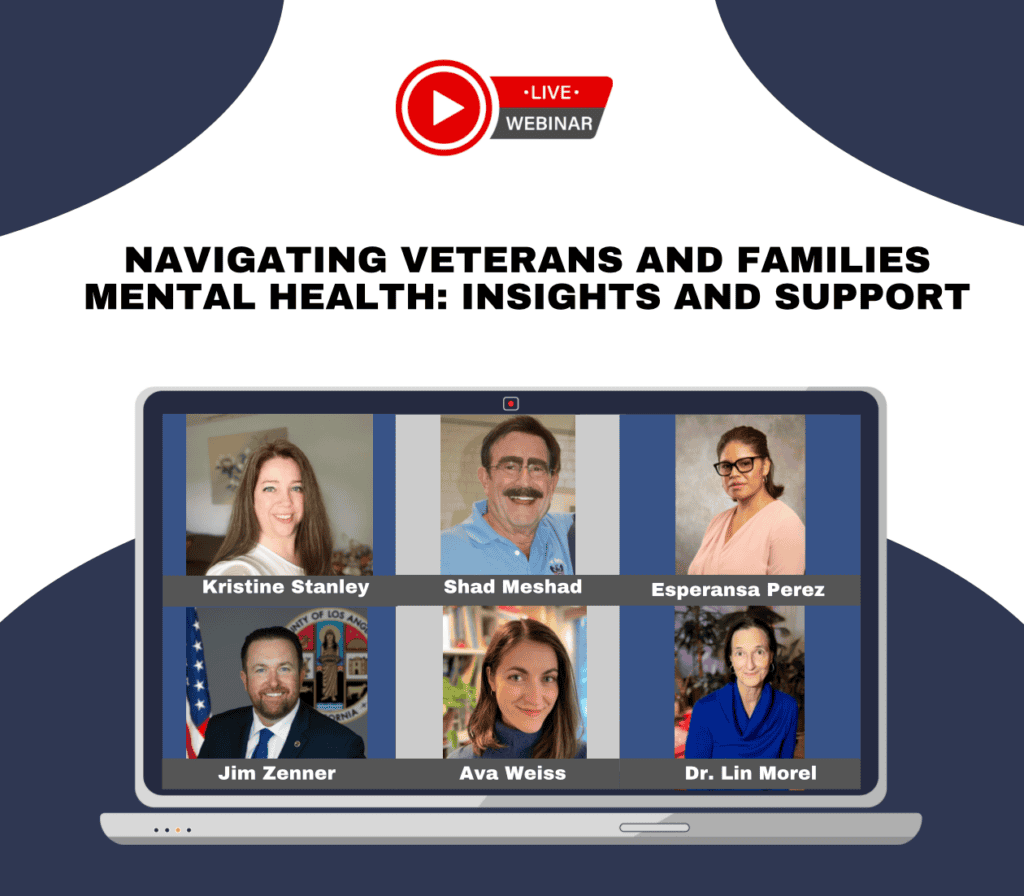Still a Challenge: Getting Vets to the VA
My first assignment in what became my life’s work, was an inquiry into why returning Vietnam veterans were not using the West LA VA facilities. The short expression of the conclusion was that it was not user-friendly. Vets felt alienated. It was hard to navigate the paperwork channels to get medical help or counseling.
Almost fifty years later, and still we get calls on our Lifeline for Vets from Vietnam veterans who never even signed up with the VA. It’s been a steady challenge bridge-building to help vets get the services they need. There is resistance on both sides, and the ones who lose the most are our veterans, not the agency created and funded to look after them.
Case in point:in a recent story from KABC in Los Angeles, Jovana Lara and Lisa Bartley report the story of a homeless woman veteran living under a bridge. She suffered from PTSD brought on by MST (Military Sexual Trauma) years before. Self-medicating for the PTSD, she’d become addicted to pain pills. A veteran advocate found her in March of 2015 and persuaded her to go to the VA for counseling.
Fast forward to 2016: she relapsed a second time, lost her VA housing, and was contacted by a female counselor at the VA who had been her psychotherapist for several months. The psychotherapist is alleged to have engaged in a sexual relationship with the veteran for a period of about three months.
It doesn’t take a rocket scientist to realize that kind of relationship is not okay, especially when PTSD from MST is involved. Not to mention that it violates the Board of Behavioral Sciences’ code of ethics for social workers. A colleague of the therapist knew about the relationship and did not report it. When the veteran finally reported this, “VA investigators ultimately substantiated ‘all allegations of misconduct’ and deemed it ‘profound patient abuse in the form of emotional and physical-sexual exploitation.’”
And then what happened? This is the part that really gets me. In spite of the VA’s conclusions about the case, the social worker continued to work at the VA, though eventually away from patient care. So, in a word: nothing.The social worker was allowed to resign from the VA instead of being fired. And here’s the big one: the VA did not report her to state regulators for over a year. Just how many people involved were asleep at the wheel here?
In a nutshell, this veteran was first a rape victim in the military, then a victim at the VA, where she’d been persuaded to go for help. Why is there not more accountability in either of these settings?
In another story in USA Today on June 10th, Tom Vanden Brook has a story about the military not advising victims of MST that they have a right to request prosecution of their cases in civilian courts. Just how hard is it for MST victims to come forward, report the incident and then find justice? Pretty hard, if not impossible. Few cases are ever brought to trial, and most of the trials are conducted in military courts, not civilian courts.
The VA is only one of the resources we have for veterans and their families, but it’s the largest one, and if you ask me, the one with the stated mission to care for them and the biggest budget to do that. It’s hard enough to convince vets in need to commit the energy to navigate the system. When it fails them, we all fail.
You can be a part of our mission to help Veterans by making a tax-deductible donation!
About the Author
SUBSCRIBE TO OUR BLOG AND NEWS!
By submitting this form, you are granting: NATIONAL VETERANS FOUNDATION INC permission to email you. You may unsubscribe via the link found at the bottom of every email. (See our Email Privacy Policy for details.)
Related Posts





